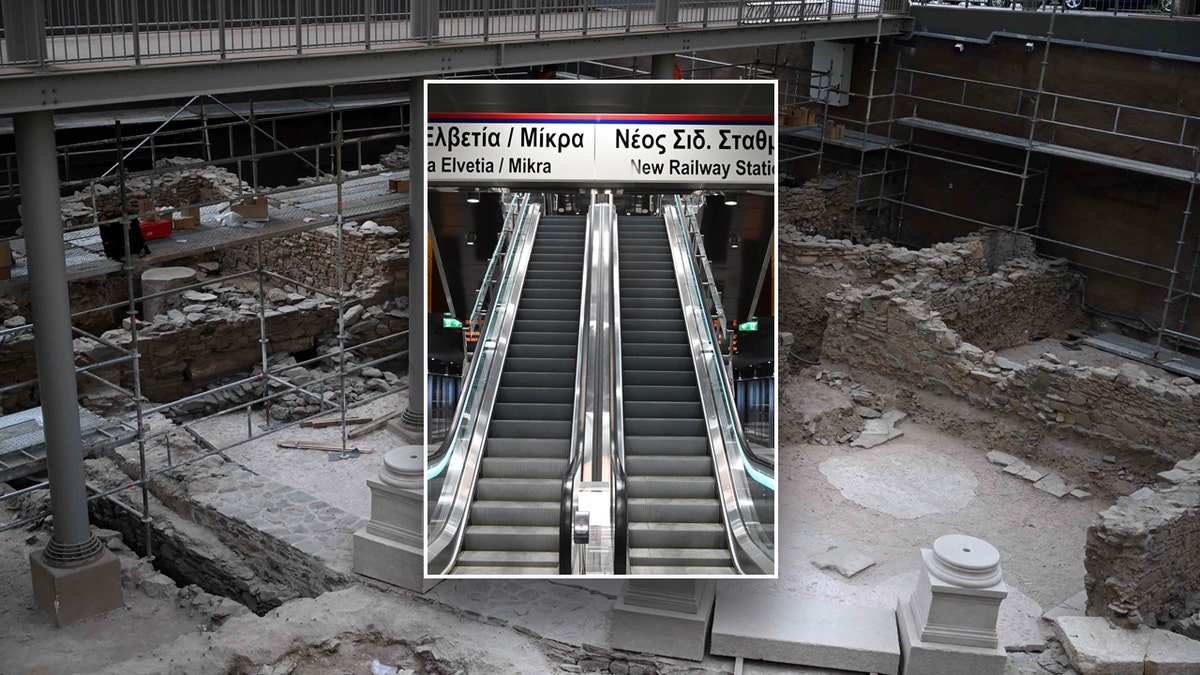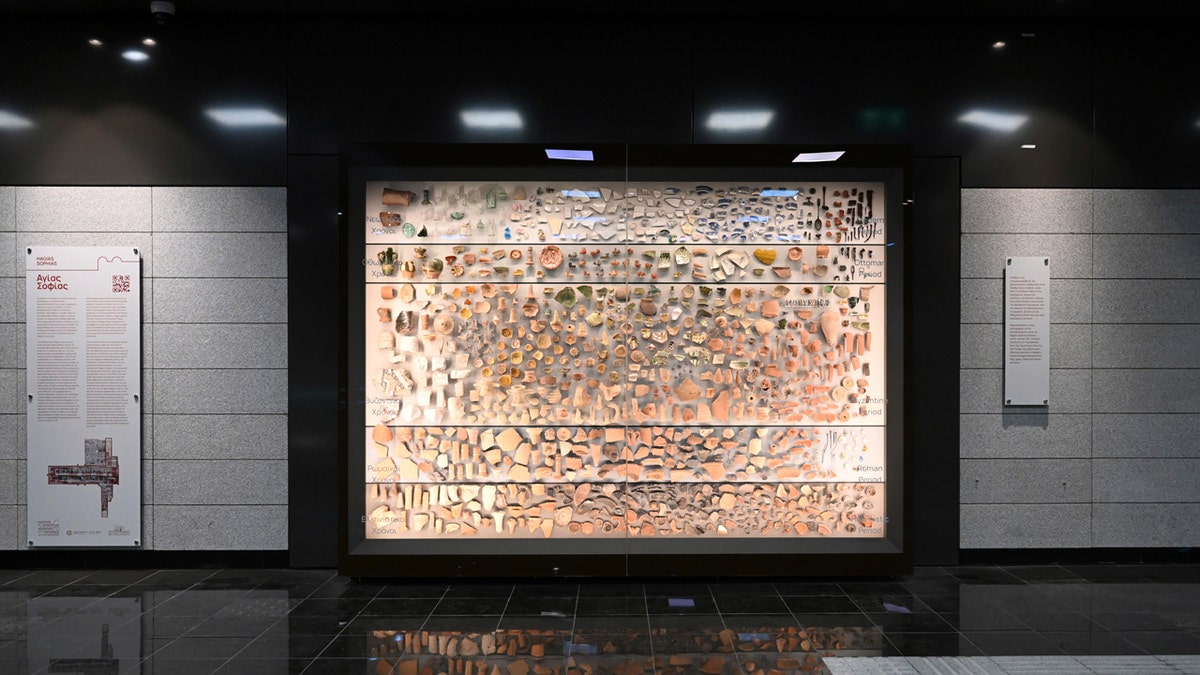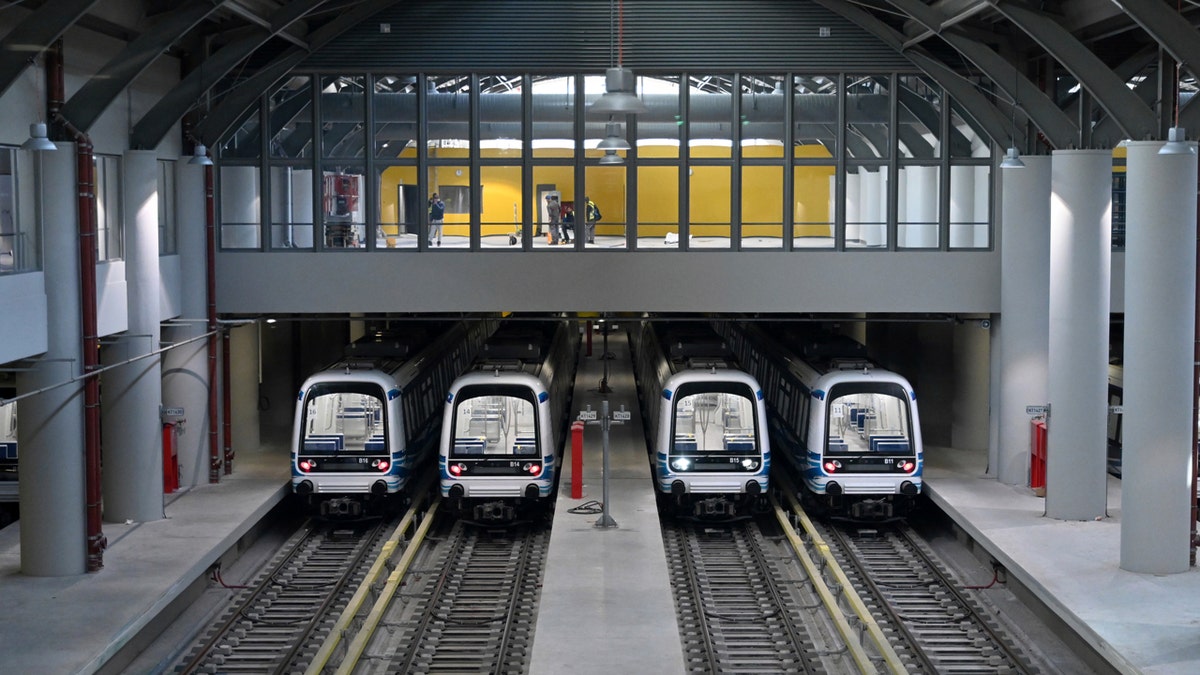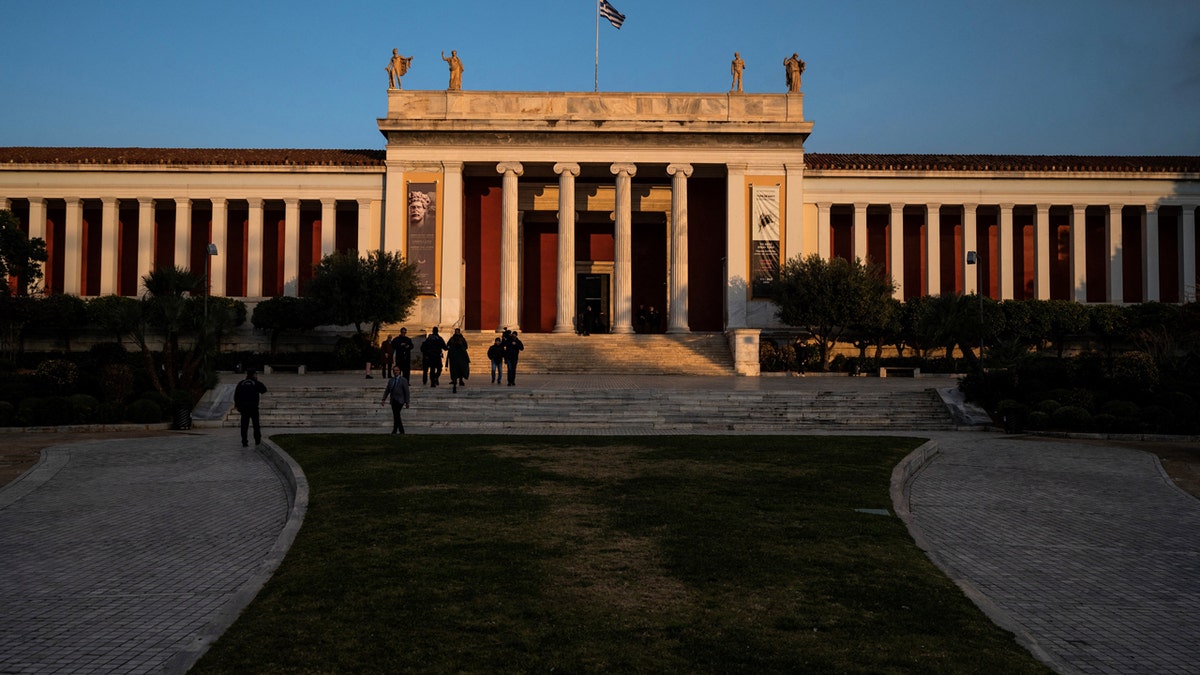The construction of a new metro system in Thessaloniki, Greece, has uncovered a wealth of historical artifacts, transforming the project into a fascinating blend of ancient and modern engineering. Excavations for the 9.6-kilometer line, which began in 2003, have yielded thousands of discoveries spanning various eras, from Roman infrastructure like roads and water systems to Greek burial grounds and intricate mosaics.

Instead of simply storing these relics away, the project organizers have ingeniously incorporated many of them into the design of the 13 underground stations. Passengers traveling on the new metro will be treated to displays of these archaeological treasures, offering a unique glimpse into the city's rich past.

While this integration of history has added to the project's cost and caused delays, Transport and Infrastructure Minister Christos Staikouras emphasized the significance of preserving and showcasing these finds. The project's final price tag stands at $3.1 billion, and the first line, featuring driverless trains and platform screen doors, is scheduled to open on November 30, 2024, with the second line following a year later.

This new metro system adds to the numerous archaeological sites across Greece, a country renowned for its historical richness. Thessaloniki itself boasts significant archaeological museums and landmarks, further cementing its place as a hub of ancient and modern culture.









